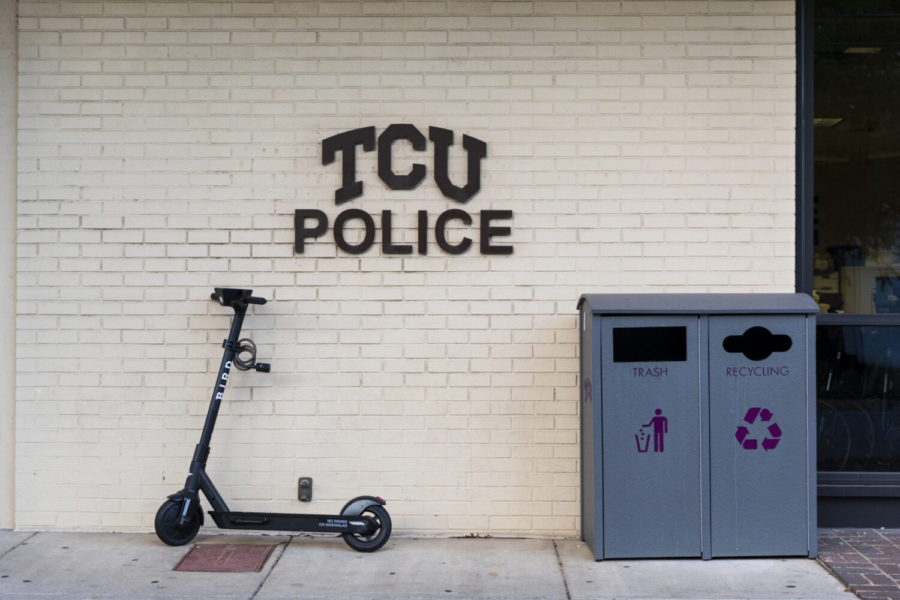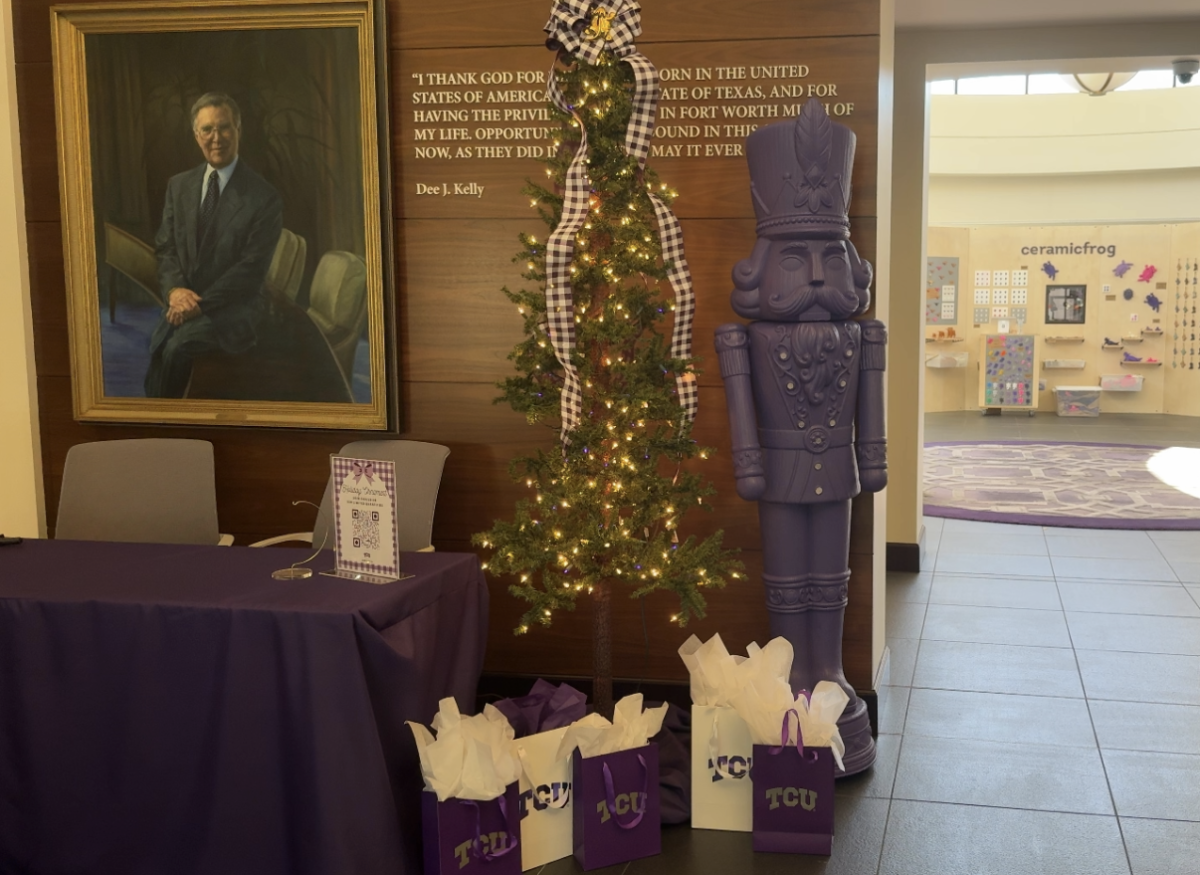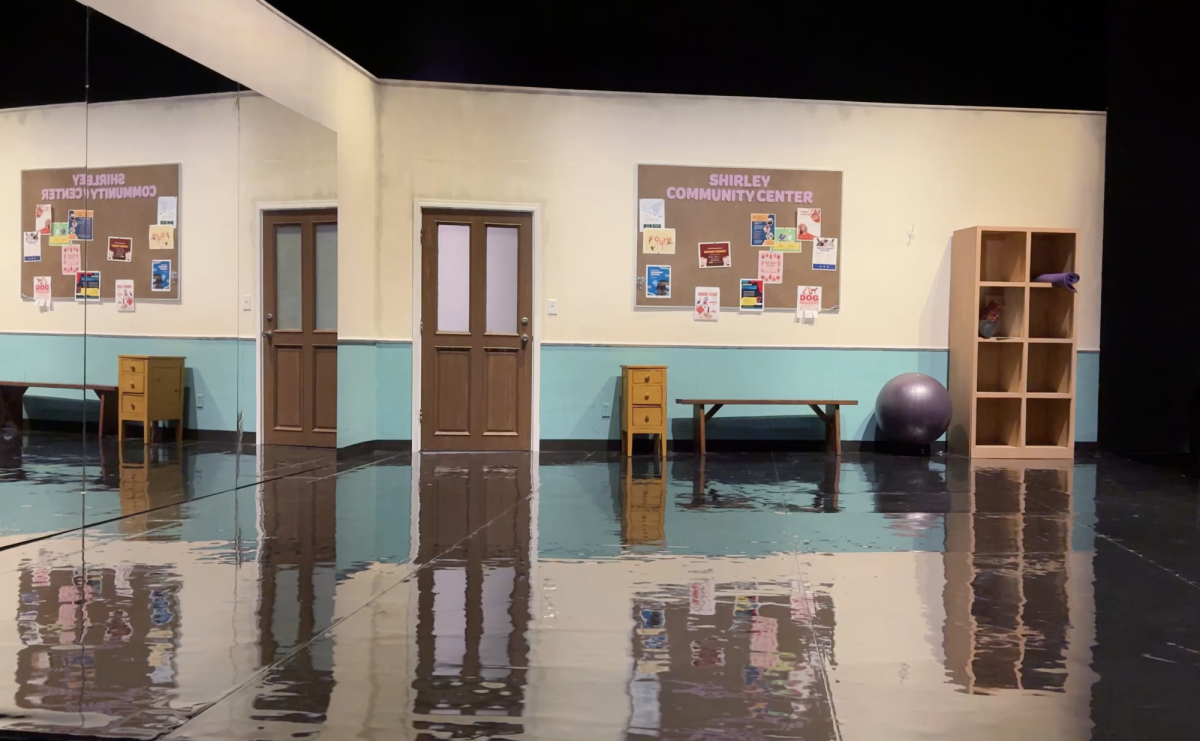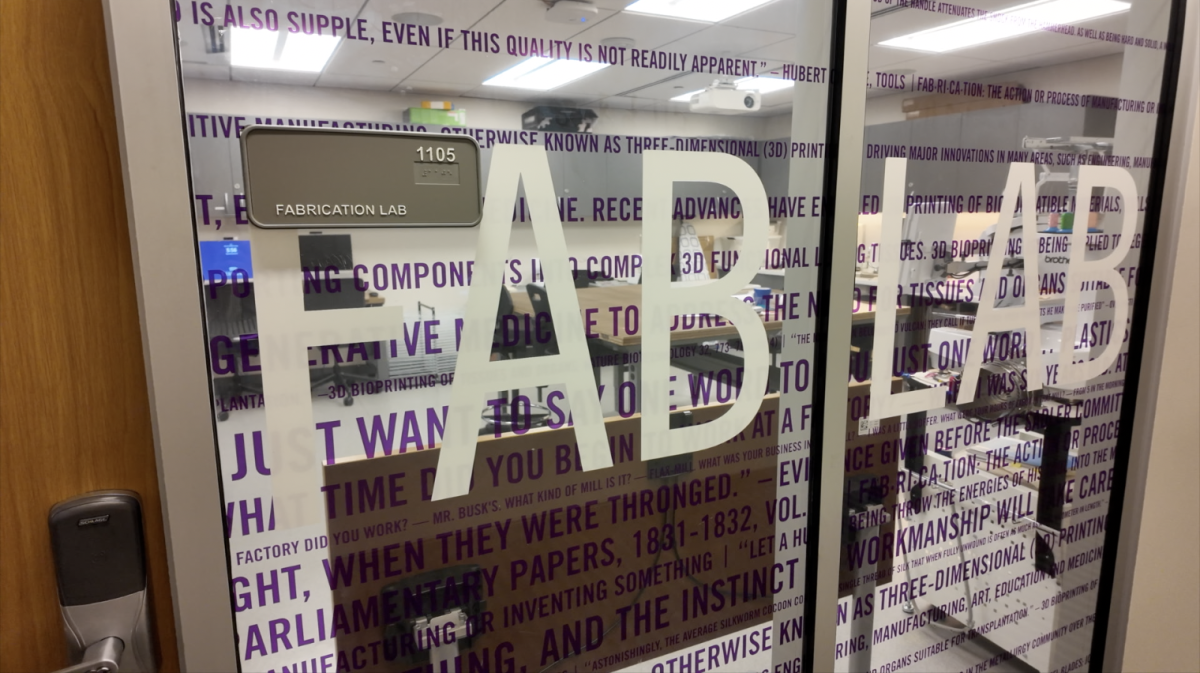Criminal mischief is one of the most common crimes at TCU so far this semester, according to the TCU Police Department’s Daily Crime and Fire Log.
TCU Police Commander Stephen Hall said criminal mischief, including property damage, was the most commonly reported crime in residence halls.
“Unfortunately, criminal mischief is very common,” Hall said.
Criminal mischief is the act of destroying or tampering with someone else's property.
Allen said that compared to other college campuses across the U.S., TCU rarely faces property damage or criminal mischief in buildings.
“Every now and then, we’ll have a little flare-up of property damage,” said Craig Allen, the executive director of housing and fraternity and sorority life. “We’ve seen some holes in walls, or we might see furniture that’s damaged.”
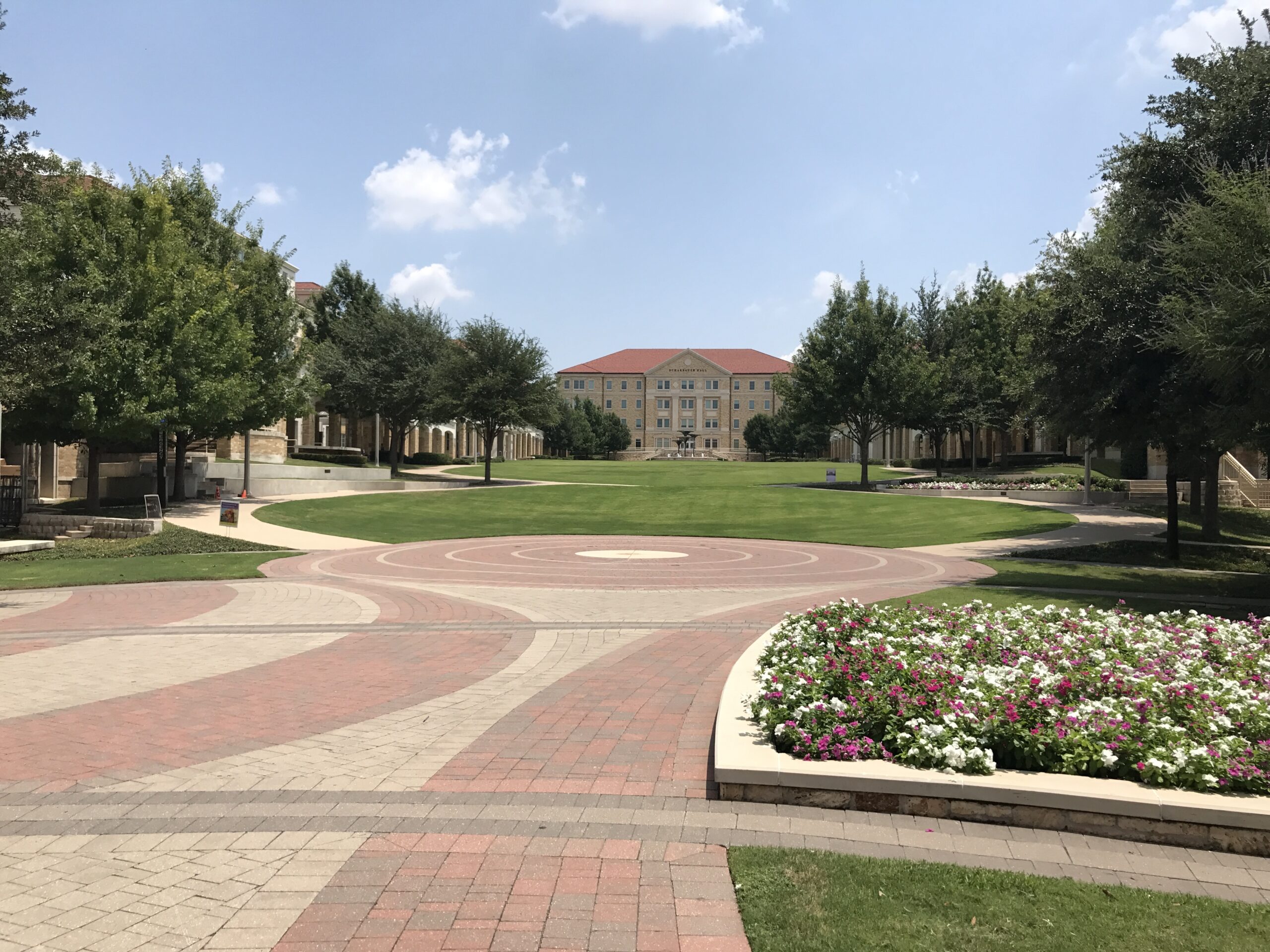
Sometimes, when a student causes damage, “other students see the damage and, for whatever reason, start doing damage too,” said Allen.
For this reason, they move quickly to repair damages and identify who is causing them.
Theft, though, can easily occur without anyone noticing. Hall said thefts are typically crimes of opportunity.
Allen said theft seems to occur most often when students leave their belongings unattended or leave their door open or unlocked.
“I do not recall a single case within the last five years that someone forcefully entered a residence hall room to commit a crime,” said Hall.
Harrison Holloway, a residence assistant in King and Wright Hall, said, “From what I’ve seen, it’s just, like, willful negligence.”
Many residents feel that they have more security in the halls than they actually do.
“They think, ‘Oh, nobody’s going to go in my room, it’s completely safe,' and leave their doors unlocked," said Holloway. Because of these expectations of safety, the residence halls have more opportunities for criminal mischief and theft.
Holloway said King Hall, like many of the older residence halls at TCU, requires key access, making it a hassle to lock and unlock the doors every time.
“It’s just easy to keep it unlocked all the time,” Holloway said.
Many of the newer residence halls have automatically-locking doors that can be opened with the resident’s student ID. Allen believes this does help with theft.
Allen said awareness and education are important for students. He urges students to lock their doors when they leave and secure and hide their valuables in the residence halls.
“It’s a sign of, really, how trusting students are,” said Allen. Because theft doesn’t happen very often, students don’t think they need to lock their doors.
“You don’t expect it to happen to you, until it does,” said Holloway. He explained that he often sees residents learn and mature from these incidents.
Still, most of these criminal issues are dealt with by TCU Police, said Holloway.
Commander Hall explained that each case receives a detective for a follow-up investigation.
“Detectives seek out witnesses, review technology resources and interview suspects to try to identify the suspects in each case. If the suspects are identified, the police department works with the university to attempt to recover damages,” said Hall.
Identifying the offender is dependent on numerous factors, one of those is having a witness who's willing to communicate.
“Our buildings are small, tight-knit groups,” said Allen. “If there’s a hole in a wall, 99% of the time, somebody knows who did it.”
Criminal mischief and theft are an issue on almost every campus in the U.S; however, TCU’s community and the care given to it makes these issues a little better.
“When you build strong communities, that stuff tends to go away or not happen,” said Allen.

